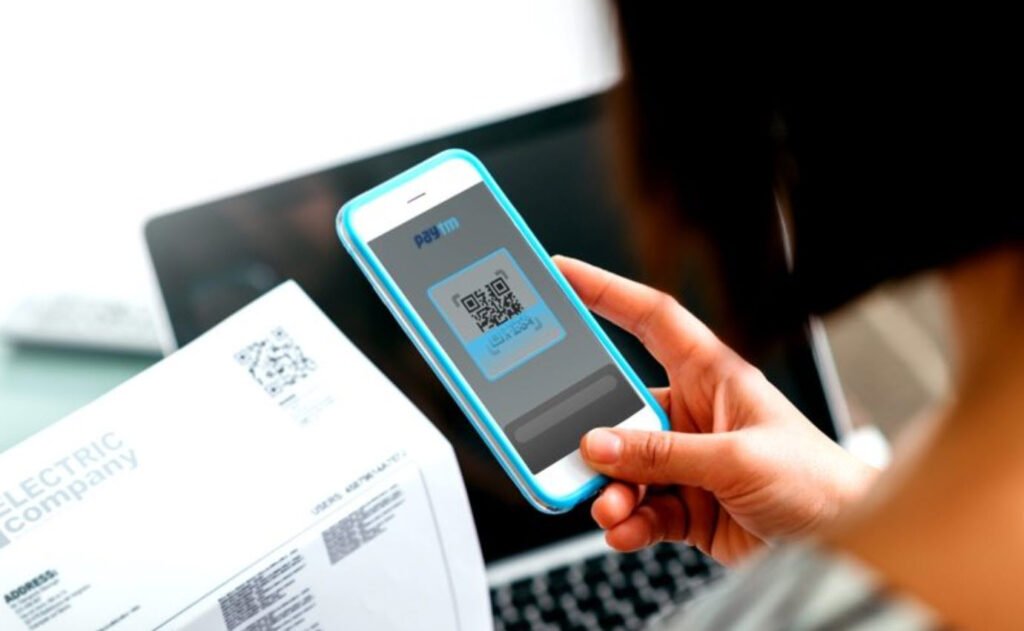The TOEIC (Test of English for International Communication) is an English language proficiency test designed to assess the English language skills of non-native speakers in a business or professional context. The test is widely used by organizations around the world to evaluate the English language skills of job candidates, employees, and students.
The TOEIC test consists of two parts: the TOEIC Listening and Reading Test and the TOEIC Speaking and Writing Test. The TOEIC Listening and Reading Test is a paper-and-pencil test that consists of multiple-choice questions, while the TOEIC Speaking and Writing Test is a computer-based test that consists of spoken and written responses to prompts.
The test is designed to measure a wide range of English language skills, including listening comprehension, reading comprehension, speaking ability, and writing ability. Overall, the TOEIC is a widely recognized and respected English language proficiency test that is used by organizations around the world to evaluate the English language skills of non-native speakers.
Q&A Topic: What comes next (the bill)
After a customer has received goods or services from a business, the next step is usually to receive a bill or invoice for payment. The bill will outline the total amount due, the due date, and any other relevant payment terms.
The bill may also include a breakdown of the charges, such as the cost of each item or service, any taxes or fees, and any discounts or promotions applied. It is important for customers to review the bill carefully to ensure that all charges are accurate and that there are no errors or discrepancies.
Once the customer has reviewed the bill and is satisfied that it is correct, the next step is to make payment. Payment may be made by cash, check, credit card, or other payment methods, depending on the payment options offered by the business.
If the customer is unable to make payment by the due date, it is important to communicate with the business and make arrangements for payment. Late payments may result in penalties or additional fees, so it is important to address any payment issues as soon as possible.
In some cases, disputes may arise regarding the charges on the bill. If this happens, the customer should contact the business to discuss the issue and try to resolve it. If the issue cannot be resolved, the customer may need to seek legal advice or mediation to reach a resolution.
Overall, receiving and paying a bill is a routine part of business transactions. By reviewing bills carefully and making timely payments, customers can maintain good relationships with businesses and ensure that their financial obligations are met.
Here are some questions that can help you to clear the TOEIC exam:
Q1 This is most embarrassing. I can’t pay the bill for my meal. I’m afraid ____________.
(a) I’ve forgotten my wallet at home
(c) I’ve abandoned my wallet at home
(b) I’ve left my wallet at home
(d) I’ve quit my wallet at home
Answer: (b) I’ve left my wallet at home
Q2 I would be most obliged if you ____________.
(a) let me to pay later
(c) allow me to pay later
(b) permit me pay later
(d) grant me to pay later
Answer: (c) allow me to pay later
Q3 The other thing I could do is ____________.
(a) leave my watch as a present
(c) leave my watch as a gift
(b) leave my watch as a token
(d) leave my watch as a deposit
Answer: (d) leave my watch as a deposit
Q4 I can see by the expression on your face ____________.
(a) you don’t really like the thought
(c) you don’t really like the idea
(b) you don’t really like the concept
(d) you don’t really like the belief
Answer: (c) you don’t really like the idea
Q5 I could phone someone to ____________.
(a) take me the money
(b) bring me the money
(c) carry me the money
(d) gain me the money
Answer: (b) bring me the money
Q6 I see. So what you are saying is ____________.
(a) I’m holding up your trade
(c) I’m holding on your trade
(b) I’m holding off your trade
(d) I’m holding in your trade
Answer: (a) I’m holding up your trade
Q7 Well, I did say I was sorry and I think ____________
(a) you’re being very indistinct
(c) you’re being very unfavorable
(b) you’re being very unclear
(d) you’re being very unreasonable
Answer: (d) you’re being very unreasonable
Q8 You say you have no choice but to ____________.
(a) collect the manager
(b) call the manager
(c) deliver the manager
(d) present the manager
Answer: (b) call the manager
Q9 That sounds a good idea. I’m sure he’ll ____________.
(a) symbolize
(b) energise
(c) sympathise
(d) eulogise
Answer: (c) sympathise
Q10 All right, all right Mr. Manager. Just as you say ____________.
(a) of course I’ll wash the dishes in the kitchen
(c) understandably I’ll wash the dishes in the kitchen
(b) inevitably I’ll wash the dishes in the kitchen
(d) indubitably I’ll wash the dishes in the kitchen
Answer: (a) of course I’ll wash the dishes in the kitchen



